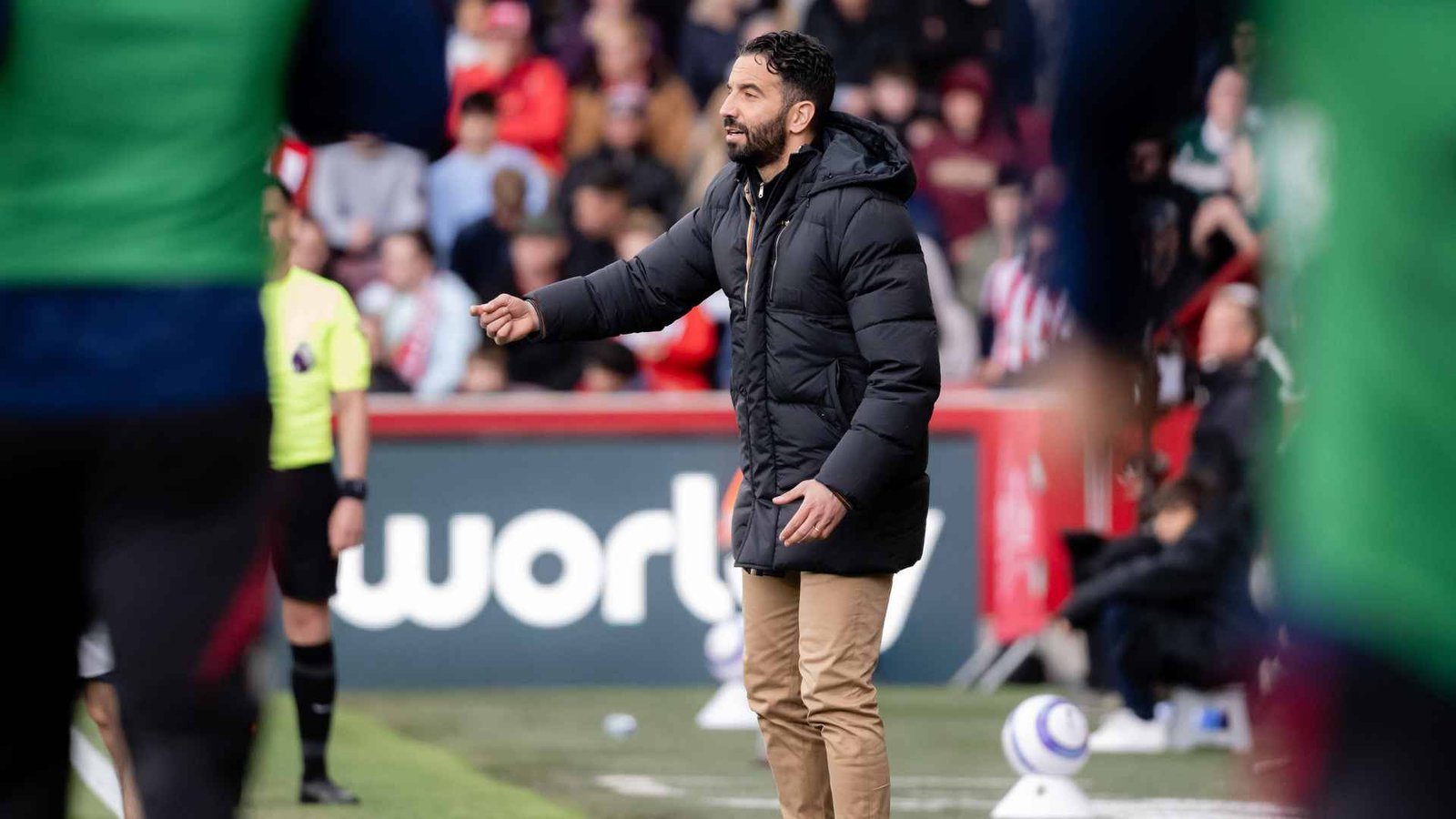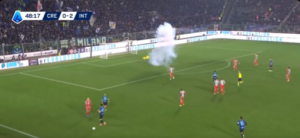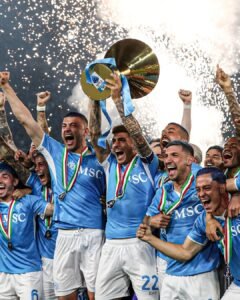United manager must show that he can build a team despite the waters rocking the foundations of Old Trafford
As Manchester United lurch towards the end of one of their most tumultuous seasons in recent memory, it seems almost too long ago, a time beyond memory, that the man Ruben Amorim was brought in – to salvage the wreckage, but now part of the wreckage himself.
Appointed from Sporting CP last October, the Portuguese was considered one of Europe’s finest rising managerial talent. At Sporting he implemented an aggressive pressing system, structured style of play, and attacking flair that many hoped would rejuvenate a stagnating United side. Instead, the club currently sits at a dismal 16th place in the Premier League, winless in their last six domestic fixtures, and fighting to avoid an ignominious finish.
On Sunday his United side lost 2-0 at home to what was the worst team in the Premier League besides the relegated trifecta. West Ham then leapfrogged United to 15th place, the Red Devils only narrowly avoiding the title of worst team because of their companions in misery, Tottenham Hotspur.
Despite the grim league form, Amorim could yet perform a resurrection: United are in the Europa League final and will face Tottenham in Bilbao on 21 May. Victory would not only salvage some pride but also secure a valuable European trophy and a Champions League berth, which would be both a psychological and a financial lifeline for a club in dire need of both.
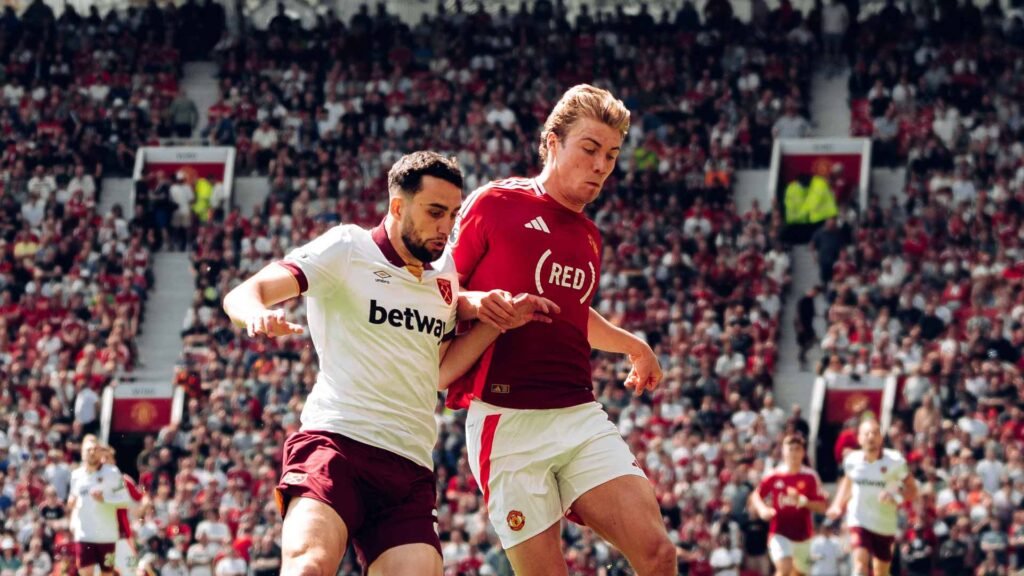
“Everybody is thinking about the final, the final is not the issue in this moment in our club, we have bigger, bigger things to think [about],” said Amorim on that fateful Sunday afternoon after dropping to 16th with two games to go.
Odd coming from a manager who said before the game that the club’s next two fixtures would be an audition for the final.
Nevertheless, the 40-year-old is almost accompanied by this atmosphere of pity and understanding, a sense that – despite his continuous self-criticism – a lot beyond him has gone wrong at the club and is undermining his efforts. Yes, a new manager should improve his side. Some other managers appointed midseason, like Everton’s David Moyes and Wolves’ Vitor Pereira, have improved theirs, and it was a manager appointed midseason who beat a wretched United at Old Trafford last Sunday. But, but, but…
There are mitigating circumstances – of course there are. But more importantly, it’s hard to reconcile expectations of success on the pitch for United with all the chaos off it. Since INEOS entered the fold, sweeping changes have rolled through Carrington and Old Trafford. Cuts to staff, an overhaul of infrastructure, and uncertain futures for numerous players and executives have created an environment of instability that would test even the most seasoned coach.
Sporting director Dan Ashworth, reputed as one of the best in the business, was fired after only five months on the job. They had spent five months waiting for him. He had done it elsewhere – Brighton, West Brom, the English FA, Newcastle – but Old Trafford defeated him.
There is uncertainty even for the old ground itself, which the club have announced will be replaced by a ‘New Trafford’, a £2 billion project, announced at a time when the club owner claimed that Manchester United was at risk of going bust.
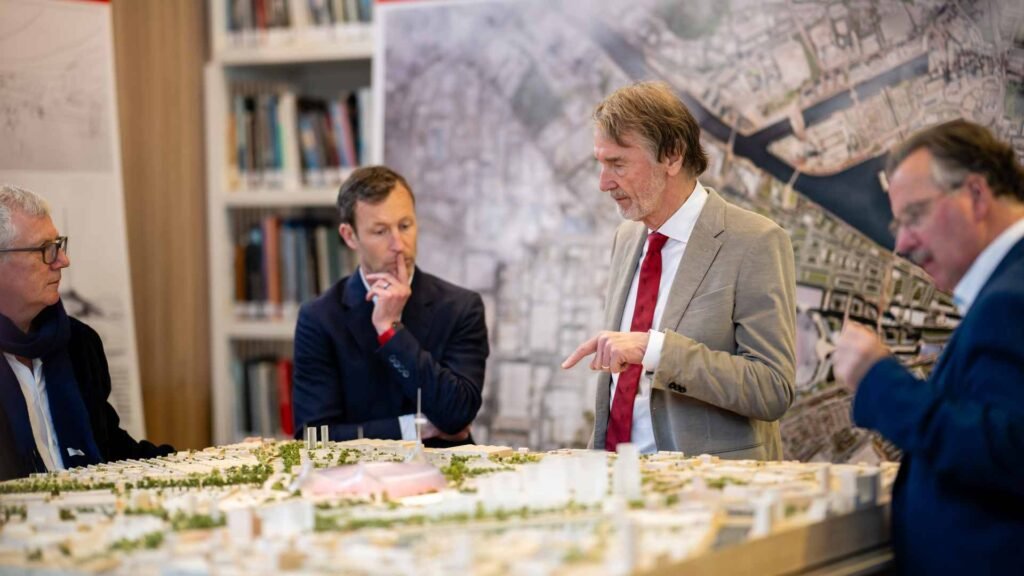
United’s last coach Erik ten Hag was sacked in October, only four months after he was given a contract extension and backed with £200m in the summer window. A lot of those players are now playing with the sword of Damocles hanging over their heads. Even the club’s talented academy product Alejandro Garnacho is facing an uncertain future due to the financial irresponsibility of the club hierarchy. Replacing the manager doesn’t replace the mismatched squad, and it mostly certainly doesn’t fix all the backroom problems.
All indications point to Amorim having struggled to implement his tactical vision due to inconsistent player performances, low morale, a squad composed of mismatched profiles, and a rocky club structure with an unclear vision. United for a long time before the Portuguese have been a study in dysfunction. It didn’t start with Amorim. It will take a fair bit of time to solve.
Nevertheless, a Manchester United coach is a Manchester United coach. If Amorim is to succeed where his predecessors have failed, he will have to fight to implement his system while also enduring the stormy waters rocking the foundations of the club.
He needs time, but will he get it?
For now, United face their next opponents Chelsea on Friday night with eyes already drifting toward the Europa League final, perhaps the last remaining chance to end this season with something more than regret and shame.

